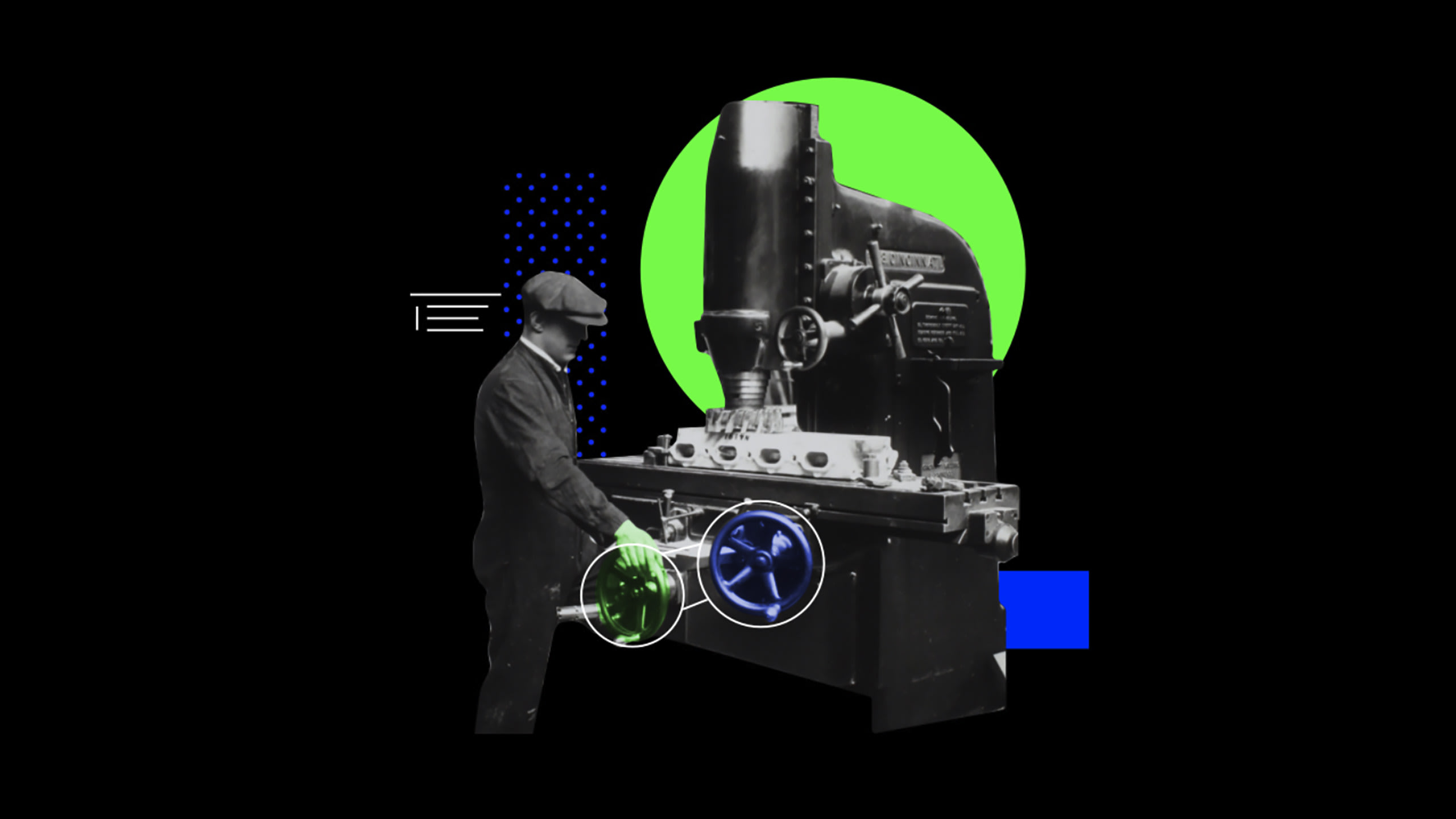
Four tips for starting a successful tech podcast from a senior engineer and developer
As a developer or engineer, hosting a podcast can be a great way to connect with the dev community. It can also be a lot of fun. I sat down with Senior Software Engineer Santosh Yadav to ask him how he started his podcast and what advice he’d share with others who want to do the same.

Staying connected to the dev community
Yadav had been writing blog posts and giving developer talks, when the Covid-19 pandemic brought most travel and in-person events to a screeching halt. Wanting to remain connected to his fellow developers and escape the isolation many of us were also facing during lock-down, he turned to podcasting.
“The idea was simple,” Yadav told me. “I would bring developers together, and we would discuss new technology or whatever they're working on every week.”
At first, Yadav didn’t know if he could get enough guests for his new show. Luckily, he was already a Google Developer Expert for Angular and had been featured in a video by Google Developers India, Creating a better life with Santosh Yadav. So, he knew plenty of software engineers and coders.
“I reached out to my friends and said, ‘Hey, would you like to be on my podcast?’” he told me.
The response was overwhelming. Within a few weeks, he had enough guests for three months of weekly shows and was confident he could find a whole year's worth. So in 2020, Yadav started the Tech Talks with Santosh podcast.
The original show focused mostly on Angular, but after a while he wanted to branch out and expand into different technologies and frameworks. In 2021, he reworked the show, turning it into a 30-minute, live stream called This is Tech Talks. The new show focuses on technical topics like open source and no code/low code and career topics like becoming an engineering manager or preparing for a job interview.
Read more: Extensible dev tools and a monorepo help Celonis build next-generation process mining software
Four tips for starting a tech podcast
For those thinking about starting their own tech podcast (or any type of podcast for that matter), Yadav offered the following advice:
Just start. Yadav was able to turn his thoughts about podcasting into reality by creating a list of shows for the first few months and reaching out to potential guests. Accomplishing those two things gave him the motivation and confidence to keep going.
Reach out to your friends and colleagues. If you're a developer, odds are you know other developers. Ask them if they’d be on your podcast. And if you don’t have a good developer network, use this as an opportunity to create one. Join online developer communities and attend industry events–either small local meet-ups of large conferences.
Reach out to existing podcasters and streamers. Many developers, software engineers and technology professionals host or are regular guests on podcasts and streaming shows. Reach out to them and ask if they would be interested in and are available to be a guest on your podcast. Just remember that everyone has busy schedules and popular podcasters/streamers likely get dozens of similar requests. Don’t take it personally if you don’t get a response or they decline your invitation.
Focus on the quality of your content, not the quality of your equipment. You can easily spend thousands of dollars on podcast and streaming equipment, but you don’t have to, especially in the beginning. Looking back on his first podcast, Yadav said he shudders. “The background [looked] horrible, the camera quality [was] not good, the mic quality [was] not good,” he said. “But I was more focused on the content, not how my camera [was] set up or [what] my mic setup looks like.” Once you’ve done a few shows and know you want to continue, then you can invest in better gear, he recommends.
Success comes in many forms
As someone who’s hosted podcasts and online shows for over two decades, I agree with all of Yadav’s tips, and I’ll add a fifth. Define what success looks like for you, and use that vision as your guide. Content creation is my day job. Although Yadav and I may use the same metrics to measure the performance of our content (e.g., unique visits, stream starts and downloads), what constitutes success for me, for him or for you, can be very different. And that’s okay. For Yadav, his podcast is successful because it gives him the chance to give back to the developer community, to share his knowledge and experience and to help others do the same.
Editor’s note: As of publication, Yadav is taking a break from This is Tech Talks to focus on conference speaking. But a new season is already in the works, and he plans to release new episodes in 2024.
Celonis Excellence in Engineering
To learn more about how we’re pioneering advances in AI, machine learning, automation, analytics and data mining, and to see current engineering job openings, visit Celonis Engineering Jobs.


